8Carbohydrate
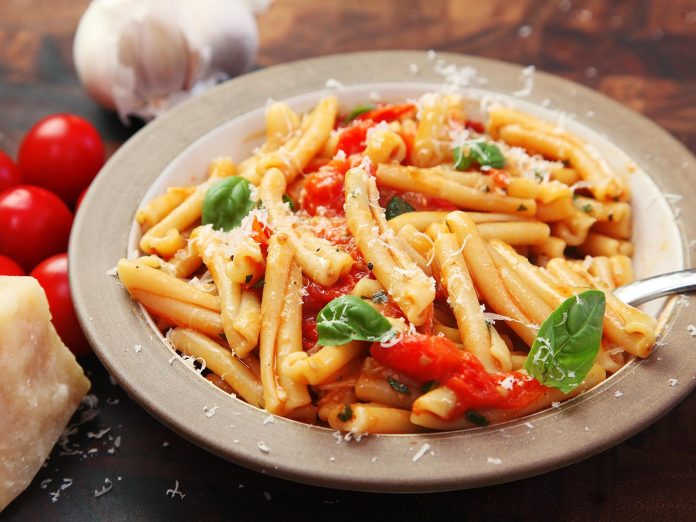
Advertisements
The body needs starchy (also known as complex) carbs to convert into glucose energy. They include potatoes, yams, cereals and grains such as wheat, oats, rye, and rice, plus foods made from them, such as bread, pasta, and couscous.
Wholegrains are best as they contains all the goodness,including fiber. We should eat at least five portions a day, or a third of the food we eat.
Sugars (glucose and fructose in fruit, vegetables, and honey; lactose in milk; and sucrose. which is table sugar) are simple carbohydrates. They provide fast but not sustained energy. Avoid adding table sugar, which has no useful nutrients.
7Fruit and Vegetables
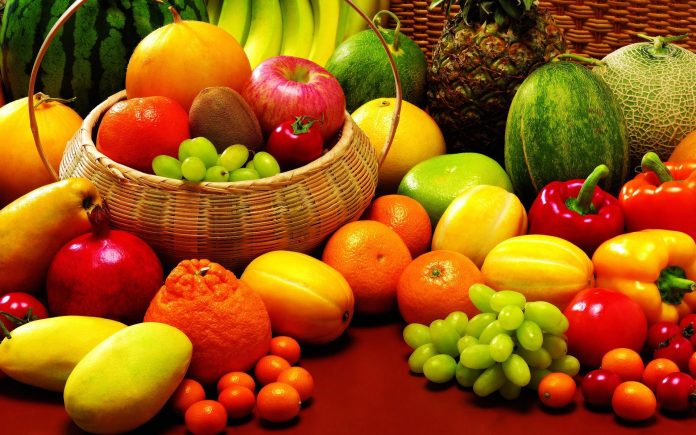
We have our first tastes of fruit and vegetables as purees when we are weaned. We have used to grabbing a banana as a quick and nutritious snack to keep us going during exercise or just because we have peckish.
With so many glorious, colorful varieties and differing flavors, textures, and nutrients, these fabulous plant foods play a huge role in a healthy lifestyle. They provide masses of vitamins, minerals, and phytonutrients, as well as carbohydrates and fiber.
We should all eat at least five portions a day, so that fruit and vegetables make up a third of of our daily food.
6Fiber
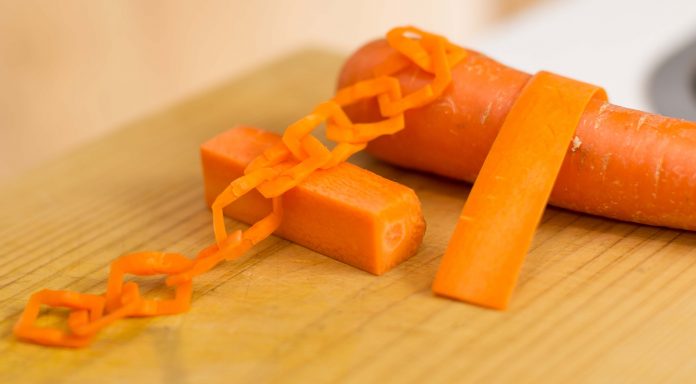
There are two types of fiber.
The insoluble type of fiber is from the husks of cereals and other grains (the bran), in pulses and seeds, and in the skin of vegetables and fruit. It is not digested but moves through our systems and keeps the digestion working in peak condition, preventing constipation among other things.
The other type, soluble fiber, is found in fruit, vegetables, pulses, nuts, and grains. It absorbs water in the gut and then works to lower cholesterol in the blood, helping to prevent heart disease, and to keep our energy levels constant. That is why we need, depending on our age, about 24g (3/4 oz) of fiber a day.
5Proteins
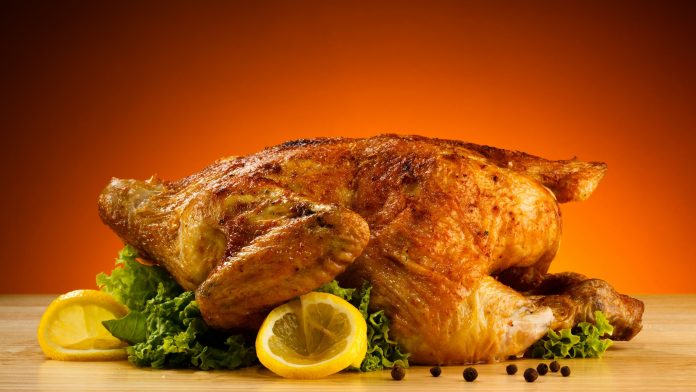
Proteins are made up of building blocks called amino acids. Not only do proteins make every cell, but they also help to repair any damage and maintain every part of the body in good working order.
Our bodies make some amino acids but others we need to eat. Some foods, such as meat, fish, eggs, poultry, soy products, and dairy produce provide complete proteins, containing all of the eight amino acids we need.
Advertisements
Most plant proteins, such as pulses, nuts, and seeds, are not complete so we must eat a mixture to ensure we get all of the essential amino acids, in two to three portions a day.
4Milk and Other Dairy

Milk provides nearly all the essential nutrient groups, since it contains proteins, carbohydrates, vitamins, minerals, fats, and water.
The most important element of milk – and cheese and yogurt – is calcium. which is vital for healthy teeth and bones. If you cannot eat dairy produce, you can get calcium from other milks, such as almond, hemp, oat, or soy, and other soy products, such as tofu. Some of these are fortified with calcium, as they do not have as much as cow’s milk.
Dairy produce is high in saturated animal fats, so from the age of two, low-fat versions are sensible for our two to three portions a day.
3Fats
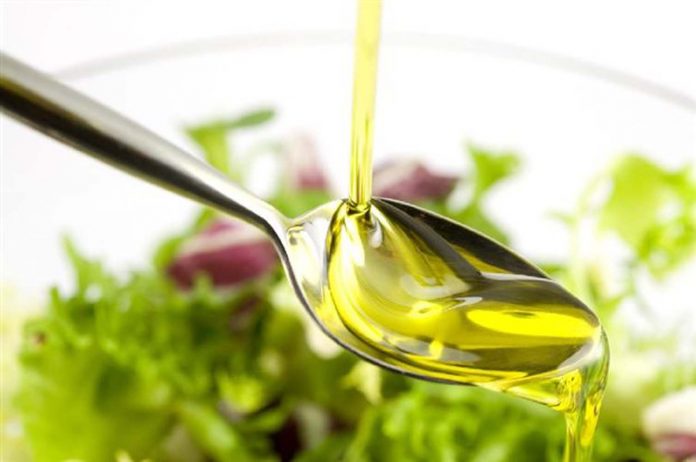
Fats should always be eaten in moderation as they are all very high in calories and, if we have too much, can make us put on weight. Yet they are vital to keep us functioning well, to provide energy, and to protect our organs.
Some fats are better than others. Saturated fats, found mainly in animal produce, can clog our arteries, causing heart disease. We should eat less of these bad fats.
Polyunsaturated and monounsaturated fats – found in oily fish, nuts, seeds, vegetable oils, and some fruit, such as olives and avocados – have the opposite effect, so it is best to go for these good fats.
2Drinking Water

Our bodies rely on water to keep everything functioning property. We cannot survive without it.
Most people don’t drink enough: an average man should consume around 10 glasses of water a day, a woman 8 glasses, and children 6-8 small glasses.
Non-alcoholic drinks also count, but avoid sugary ones as they contribute to obesity and tooth decay. Cut back on caffeine, as one of its drawbacks is that it s a diuretic.
1Occasional Treats
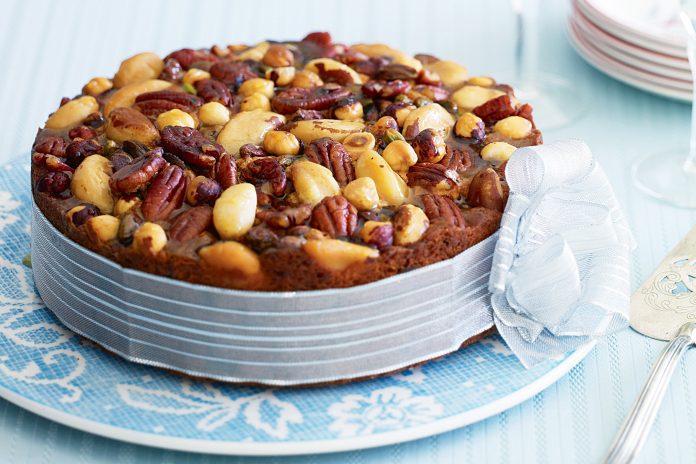
Advertisements
There are moments in life when a slice of cake or a comforting pudding is just what you want.
If you make them yourself, with nourishing ingredients such as wholemeal flour, oats, fruits, seeds, and nuts, they will actually be good for you. too.

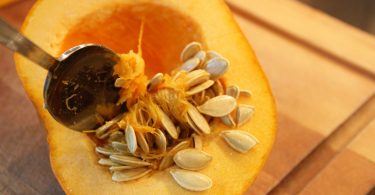
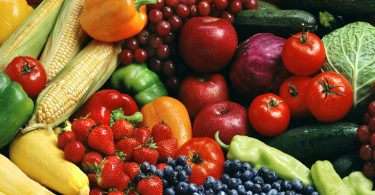


Comments